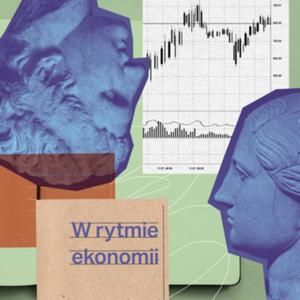W tym odcinku naszego podcastu rozmawiamy o urlopach macierzyńskich i wychowawczych w kontekście tego, jak pracodawcy widzą role mężczyzn i kobiet. Mimo wprowadzonej w prawie możliwości korzystania z urlopów wychowawczych i rodzicielskich przez ojców, stosunkowo niewielu mężczyzn decyduje się z nich korzystać. Czy ciągle obecny jest stereotyp mężczyzny, jako zapewniającego bezpieczeństwo dochodowe rodzinie przez pracę, a kobiety - jako tej, która ma przede wszystkim obowiązki opiekuńcze i wychowawcze? A może pracodawcy gorzej oceniają mężczyzn, którzy chcą z takich rozwiązań korzystać i mężczyźni - bojąc się stygmatyzacji - nie decydują się na urlopy rodzicielskie? O tym, jak bardziej równościowy podział obowiązków wpływa na dzietność i co można zrobić, by próbować dzietność w Polsce zwiększyć - rozmawiamy z dr hab. Ewą Cukrowską-Torzewską. Rozmawiamy również o tym, jak w praktyce działają urlopy rodzicielskie w Polsce i Europie; w jakim stopniu wspierają (lub nie wspierają) równość płci w opiece; dlaczego zaangażowanie ojców w opiekę to nie tylko kwestia wyboru, ale również konstrukcji systemu; jak język i narracje wokół urlopów wpływają na ich postrzeganie i wykorzystanie; co mówią dane empiryczne i badania o skuteczności tych rozwiązań.
Odcinek powstał jako kontynuacja dyskusji z sesji „Demographic change, demographic resilience”, zorganizowanej podczas konferencji prezydencyjnej EUROMOBI 2025, i został przygotowany w ramach projektu Europe and Mobilities: Challenges and Opportunities for Socio-Economic Transformations, finansowanego ze środków Unii Europejskiej w ramach programu Horyzont Europa (GA 101232335).


